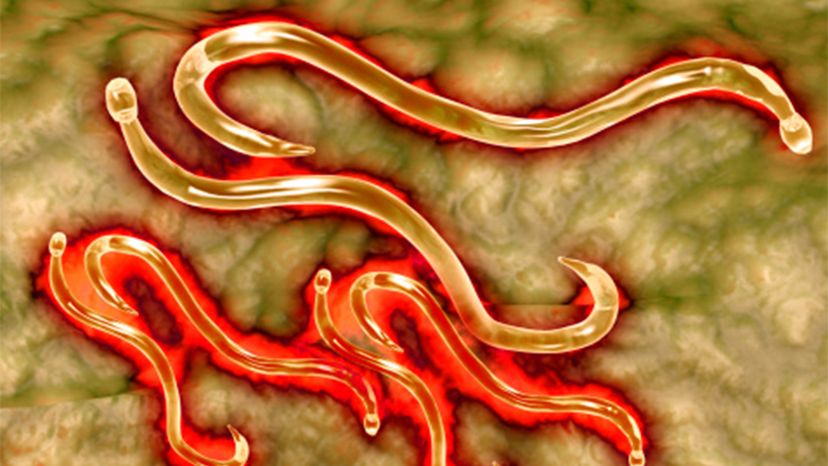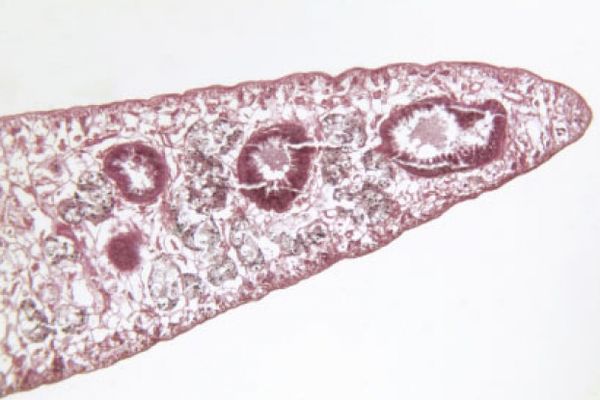
Self-professed "gut obsessed" functional medicine healer, Victoria Albina, FNP-c, MPH, was sick for most of her teens and twenties, struggling with unrelenting gastrointestinal symptoms that doctors just couldn't diagnose. "I had what was diagnosed as irritable bowel syndrome (IBS) because they had tested me for everything else they could at that time and didn't find anything else," she says.
Despite 10 conventional stool tests that all revealed "normal" results, Albina strongly felt there was something else at the root of her symptoms, which included gas, bloating and a long list of alternating bowel issues that she just couldn't make sense of and didn't believe to be IBS. After working with a naturopath and completing years of her own medical education to earn a nurse practitioner license, Albina finally got the confirmation and validation she was looking for. Through alternative testing methods her gastroenterologist hadn't administered, she discovered that, in addition to a bout of small intestinal bacterial overgrowth (SIBO), she had "a particularly gnarly little parasite called Blastocystis hominis."
Advertisement
Otherwise known as b. Hominis, the microscopic organism is one type of parasite that can live on or in the body and wreak havoc. But, there are so many different types of parasites, many of which live in the intestines, (roundworms and tapeworms and hookworms, oh my!), that the symptoms can run the gamut from unexplained weight loss to unbearably itchy skin. And while parasitic infections in humans are most common in developing countries, hundreds of thousands of Americans are exposed to and infected by various parasites every year. Infections can come from a variety of sources, including animals, blood, food, insects and water. In some cases, the symptoms may be mildly uncomfortable, and in others they can be deadly. Working with a provider or team of providers you trust can help expedite your route to the right treatment plan.
Once she had a tangible diagnosis, Albina worked with her naturopath to tackle the issues through medications, food and lifestyle modifications, and stress reduction through breathwork — all of which she said made a huge impact on her healing. Now the New York City-based nurse practitioner, wellness coach and podcast host helps others tackle all sorts of thorny issues, many of which manifest in the gut, but can show up in other areas too.
"Parasites can be so sneaky," Albina says. "Sometimes the only sign may be skin concerns (like eczema or psoriasis); joint pain or discomfort (including a triggering of rheumatoid arthritis by certain parasitic-behaving bacteria); mood changes, especially when depression or anxiety don't respond to therapy or other modalities; insomnia or sleep disturbances; metabolic concerns like stubborn changes in weight and blood sugar deregulation."
If you have a gut feeling something is off in your physical or mental wellness, she says a parasite could be the culprit. Here are some telltale signs to watch for:
Advertisement

